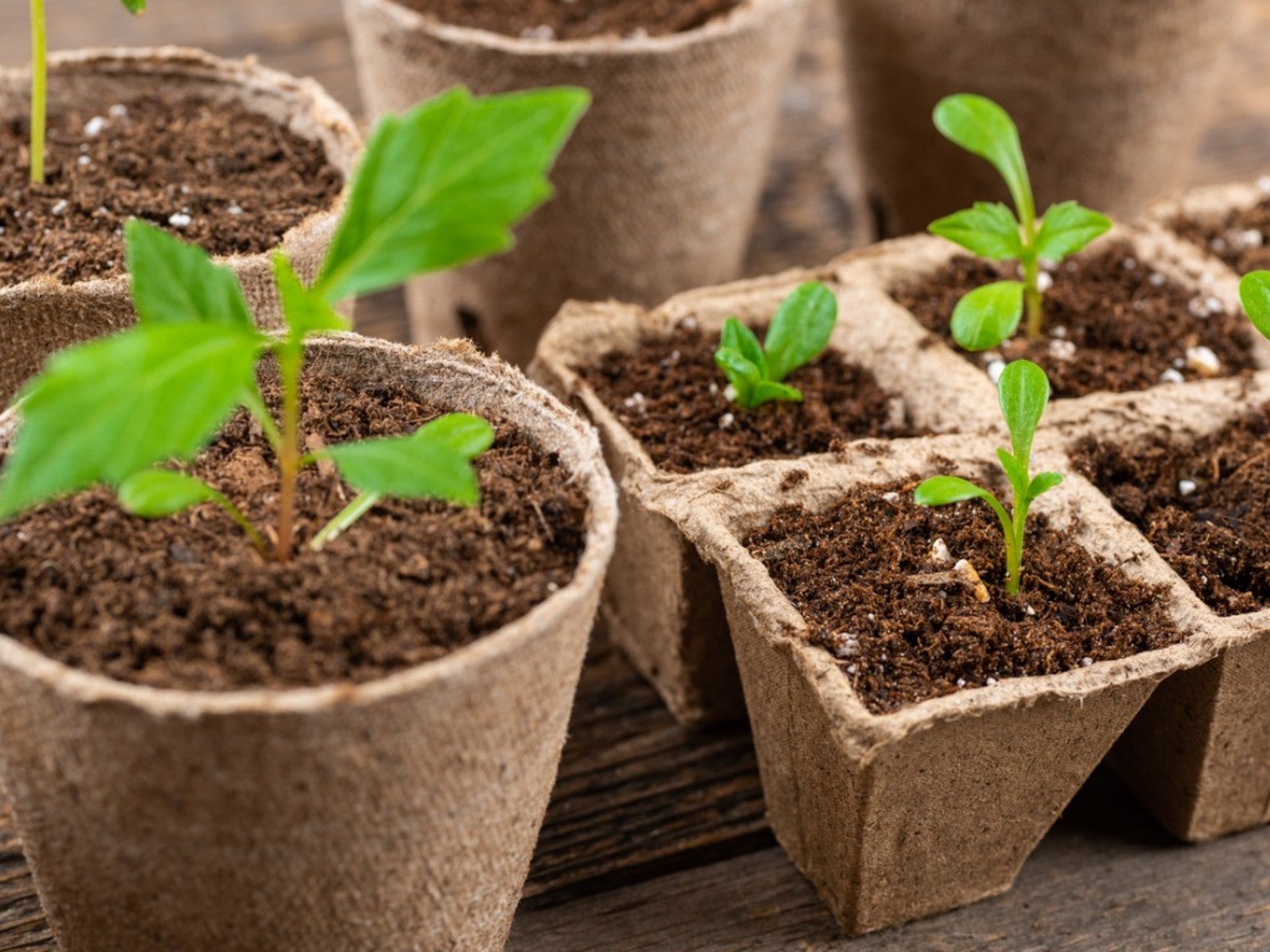What Are Plantable Containers: Gardening With Biodegradable Plant Containers

If you are looking for sustainable gardening practices, you may want to consider using plantable pots for gardening. These containers will allow you to reduce the use of plastic and/or clay materials in your garden.
What are Plantable Containers?
Plantable containers can be used for starting plants. They are beneficial to use because they can help reduce transplant shock (which will help with your plants' survival rate), reduce transplanting expenses, and avoid using disposable plastics. They're durable enough for short term production and can be planted directly into the ground.
Once in the ground, roots are able to grow through the pots' walls. These biodegradable plant containers differ from compostable and recycled plastic/bio-based plastic (R3) containers in the way that plantable containers can be planted in the ground, while these other containers are meant to be externally composted or recycled.
Types of Plantable Pots
There are different types of plantable pots. Plantable pots can be made from: manure, rice hulls, paper, coconut coir, bioplastic, wood fiber, and straw. There are pros and cons with each type of pot; read this guide to help select the type of plantable pot that is best for you. When selecting a plantable pot, it is important to consider how much time your plants need to start vs. how long it takes the container to degrade. Other considerations are climate, soil, and cost.
Plantable pots for gardening make transplanting quicker and easier and can be used for ornamental and horticultural plants. The plantable pot can absorb some water, so it may be necessary to increase watering depending on the type used. For example, wood fiber and manure absorb more water than bioplastics and rice hulls. Plantable pots can also help stabilize substrate temperature, which reduces the chance to root injury, especially in the southeastern region of the country.
Biodegradable plant containers offer a more efficient and more sustainable transplanting operation compared to traditional plastic materials. Another benefit of plantable pots for gardening is their contribution to plant growth. Research has shown that using alternative containers generally benefits plant growth.
Plantable pots are a great way to reduce the use of plastics and other non-renewable resources in your garden. There are many different types available, so it is important to consider your climate, soil, and gardening practices when selecting one.
Gardening tips, videos, info and more delivered right to your inbox!
Sign up for the Gardening Know How newsletter today and receive a free copy of our e-book "How to Grow Delicious Tomatoes".